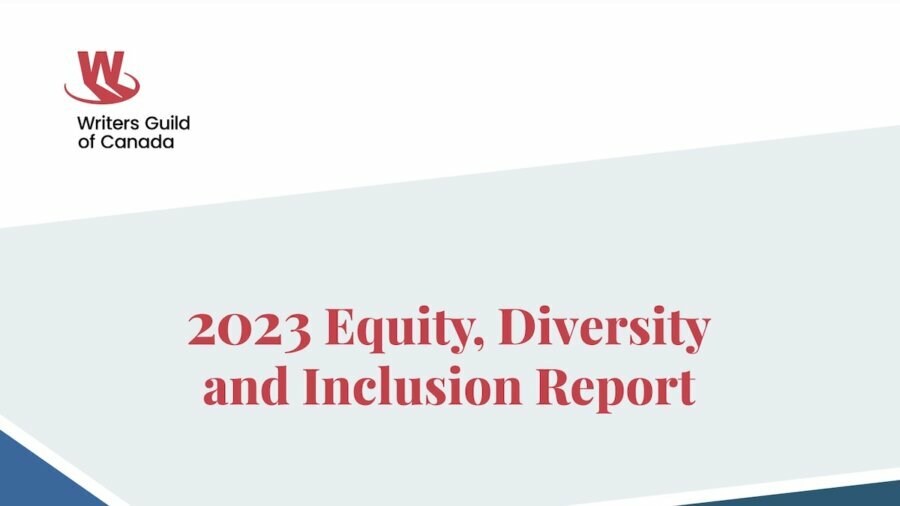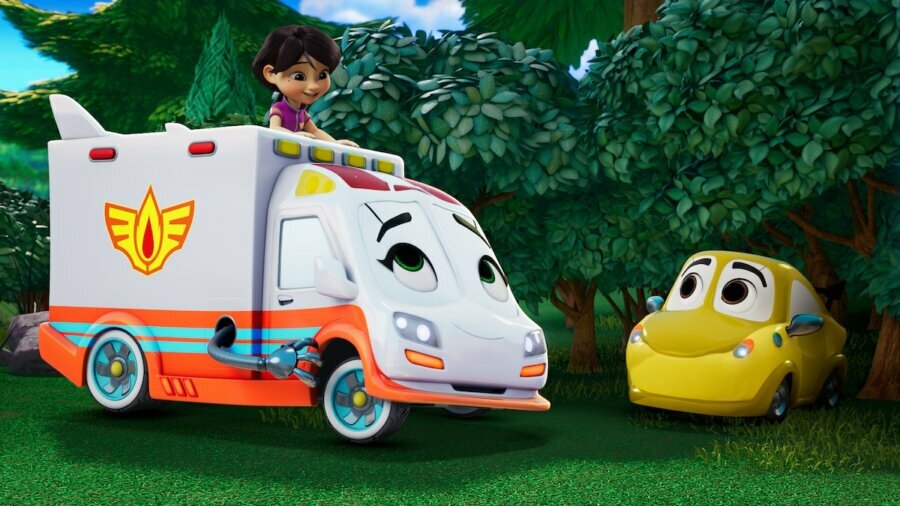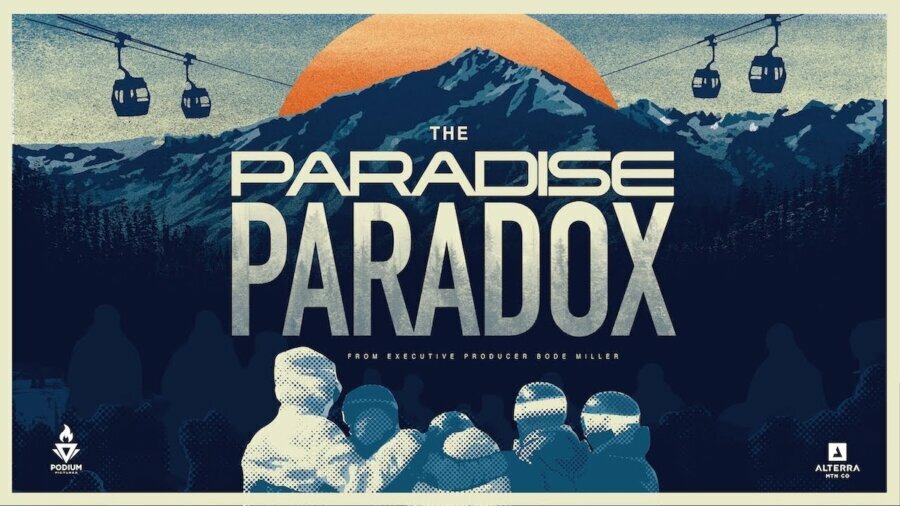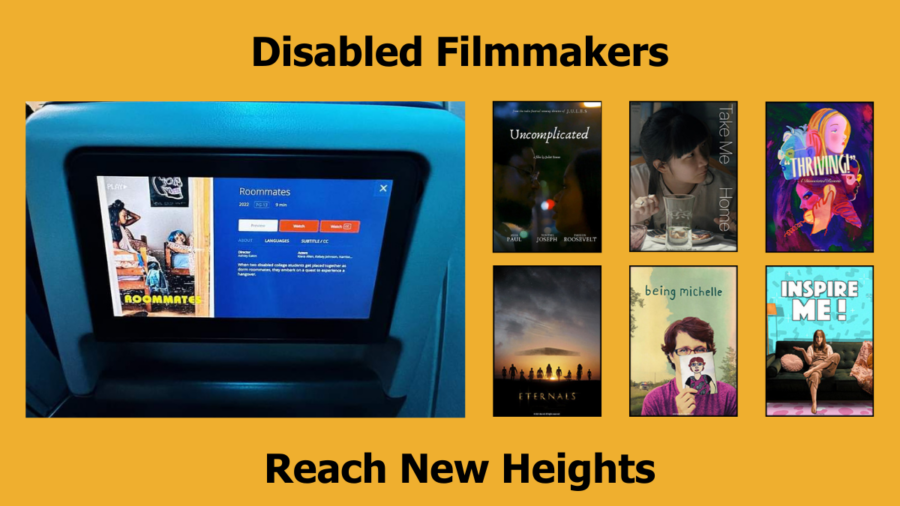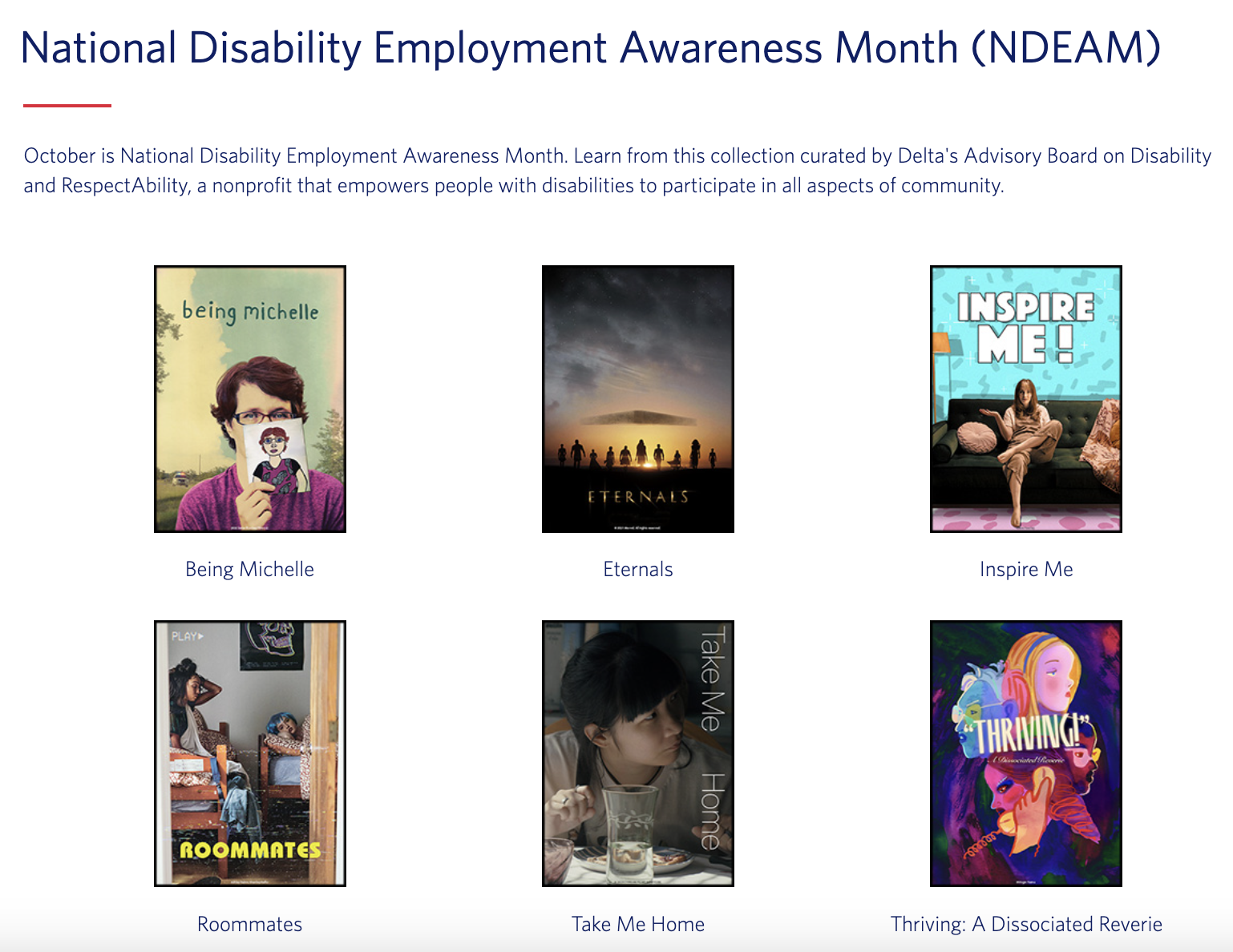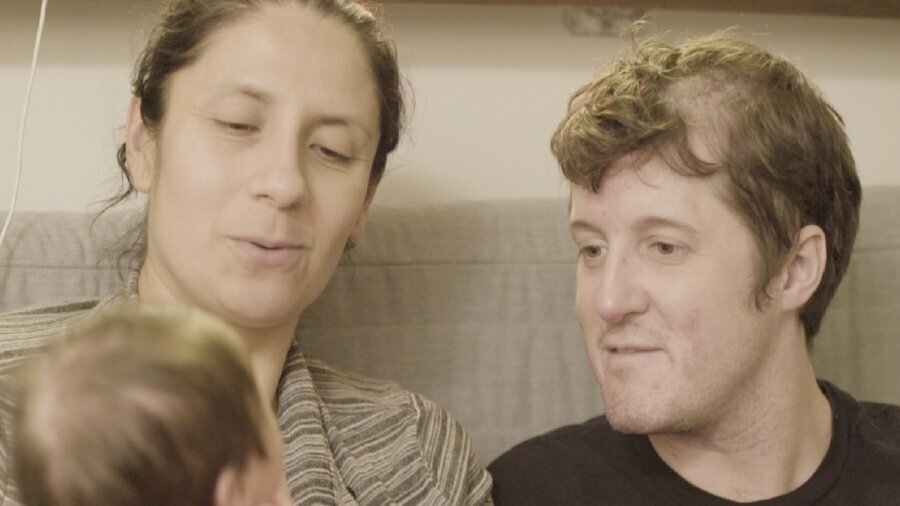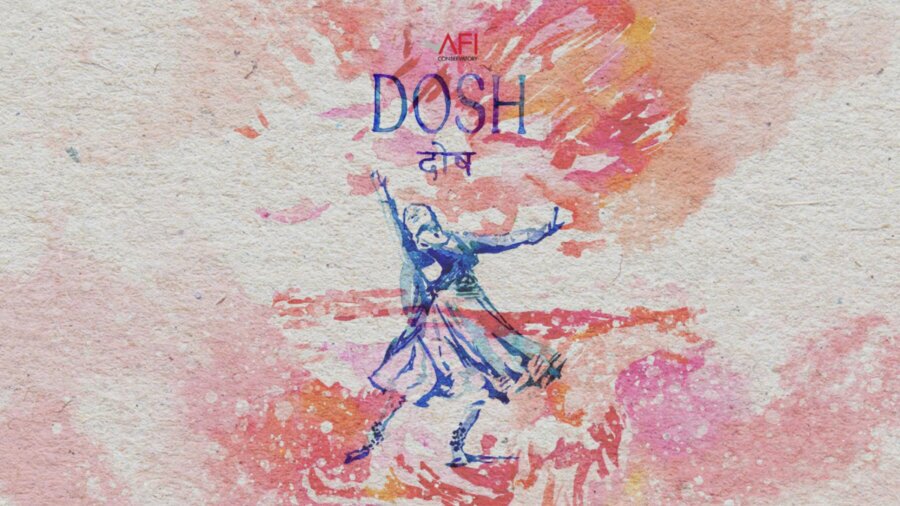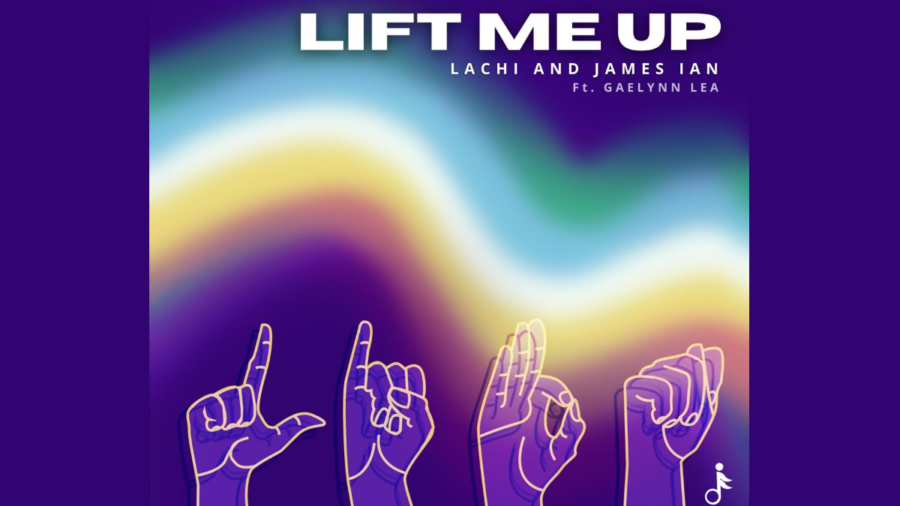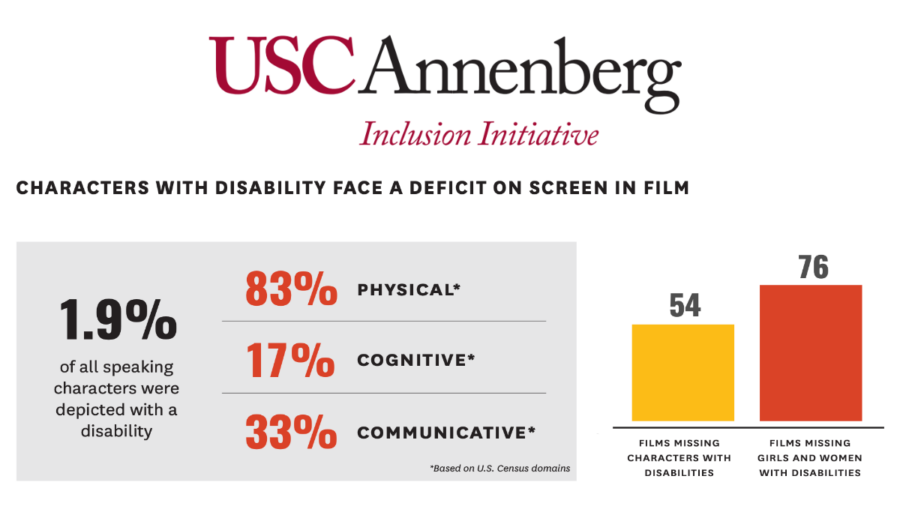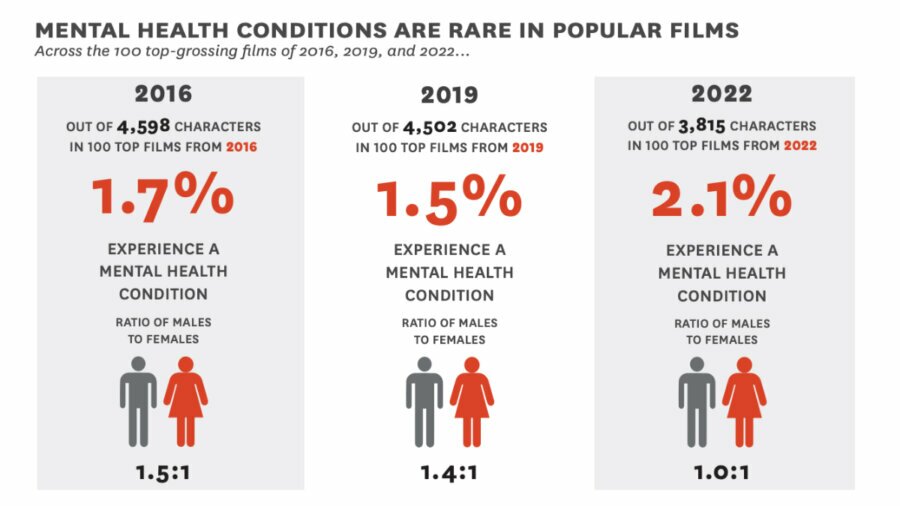TV content fosters a unique connection between audiences and characters, so it’s clear that people want to see themselves and their stories represented on screen. However, for TV to reflect audiences’ realities, the identities of TV writers need to reflect those of the population. While the disabled membership of the Writers Guild of Canada (WGC) has doubled from 0.6% in 2021 to 1.3% in 2022, Canadian disabled writers are underrepresented in every TV format in proportion to their population size. [continue reading…]
Hollywood Inclusion
Disney Junior’s Firebuds Season 2’s Wrong Way Rescue Shines the Spotlight on Dyscalculia
On November 1, Disney will release the second season of their animated children’s show, Firebuds, which follows a group of friends and their first responder vehicles as they help others in their community, and even themselves. Notably, the Season 2 episode Wrong Way Rescue highlights a learning disability not commonly known called dyscalculia.
Dyscalculia is a learning disability that affects an individual’s ability to process numbers and math-based thinking, with an estimated 2-8% of the population having it. Wrong Way Rescue focuses on the character Axl, an anthropomorphic ambulance, who appears to have difficulty remembering the right address when an emergency call comes in. Axl initially struggles with counting in order, and then reverses the address number, taking her first responder friends up and down the street. Throughout the episode, Axl navigates feelings of embarrassment and confusion until she encounters another character who explains her disability with a catchy song. [continue reading…]
Film Review: The Paradise Paradox
Trigger Warning: Suicide
A documentary produced by Bode Miller and Brett Rapkin, The Paradise Paradox is a very emotional and serious piece. The film explores the overwhelming number of cases of suicide due to the mental health crisis affecting the snowy mountain towns of the United States, in particular Eagle Valley, Colorado, Mammoth Mountain, California, and Winter Pack, Colorado. [continue reading…]
Disabled Filmmakers Reach New Heights this National Disability Employment Awareness Month
In celebration of National Disability Employment Awareness Month (NDEAM), Delta Air Lines is featuring seven disability-inclusive films in a Top Picks collection on their seatback, in-flight entertainment. Six of these films were written and/or directed by Disabled filmmakers, and all include Disabled individuals in front of the camera. In addition, these films are available with captions and audio description, creating accessibility for viewers who are deaf and/or blind.
“As both an executive producer of Being Michelle and Vice Chair of RespectAbility, which has worked on some of the projects included in the Delta Studio NDEAM Top Picks collection, I am excited for the world to experience entertainment with powerful disability perspectives told through a lens in which disabled persons had a direct hand in creating both behind and in front of the camera,” said RespectAbility Vice Chair Delbert Whetter, who is a deaf filmmaker based in Los Angeles. [continue reading…]
Camp Courage Explores the Coexistence of Joy and Pain for Trauma Survivors
 “Wherever you go there you are,” a phrase popularized by Mindfulness-Based-Stress-Reduction founder John Kabat Zin to describe how leaving a traumatic situation doesn’t mean the trauma has left you. For war refugees, despite leaving the physical site of destruction, the aftershocks seem to reverberate inside of them for years to come.
“Wherever you go there you are,” a phrase popularized by Mindfulness-Based-Stress-Reduction founder John Kabat Zin to describe how leaving a traumatic situation doesn’t mean the trauma has left you. For war refugees, despite leaving the physical site of destruction, the aftershocks seem to reverberate inside of them for years to come.
Netflix’s latest short documentary film Camp Courage shines a light on war refugees’ resilient capacity for connection and care in the face of those trauma aftershocks. Directed and produced by Max Lowe, Camp Courage tells the story of a pair of Ukrainian refugees at an outdoors-healing summer camp in the Austrian Alps. The film follows ten-year-old Milana, and her grandmother Olga on their individual and intertwining journeys through the challenges the camp presents to each of them. Milana is faced with scaling tall mountains, and Olga is confronted with parenting a preteen who lost her mom. Each of them must lean on the support of community and ultimately each other to reach their respective goals. [continue reading…]
Documentary “Derek Changes His Mind” Highlights Lived Disability Experience Navigating Broken Healthcare and Immigrations Systems
Los Angeles, Oct 17 – Director Derek Dabkoski’s masterly made documentary, Derek Changes His Mind, is a stunning and emotional piece. It follows the story of Dabkoski himself, who acquired a traumatic brain injury, leaving the right half of his body disabled, and his family’s struggle to gain citizenship and afford medical treatments for his disability to have better lives for themselves and their daughter.
In the documentary, Dabkoski talks about his life after acquiring his traumatic brain injury, including researching many kinds of medical treatments and studies to receive stem cells. This treatment would help restore some functionality to his right hand and leg to improve not only his life, but also help him support his wife and their young daughter. The course of the documentary displays many of the challenges that Derek and his family have had to face, from financial difficulties and immigration status to lack of access to medical treatments and studies needed for Derek’s disability. [continue reading…]
Discerning Faults: Review of Lab Alumna Radha Mehta’s Film DOSH
Radha Mehta’s brilliant narrative short film, DOSH, follows a hard-of-hearing mother as a night with her husband’s traditional family goes amiss; while spotlighting the fight against familial denialism and damp cold alienation that many Disabled people face — while also maintaining a dark and thrilling plot.
The title, DOSH, is Hindi for “fault.” In the film, the protagonist confronts her mother-in-law about her husband’s mental health hoping for a mother’s support, but she’s quickly shut down. Things go awry when her husband retaliates by ripping the assistive hearing devices from the protagonist’s ears during a pre-wedding ritual. Overall, this an intersectional masterpiece. It weaves the culture of Deaf and hard-of-hearing communities with South-Asian taboos like disability being shameful or a punishment from God, while also leveraging the dramatic tension of a husband and wife in freefall. A pivotal scene at the end of the film depicts the deeply empathetic protagonist kneeling down in the tub with her distraught husband, the one who tossed her assistive hearing devices. [continue reading…]
“Lift Me Up” Continues to Achieve Success as it Lifts Up Judy Heumann’s Legacy
With recording artist and award-winning advocate Lachi and James Ian at the helm, RAMPD (the global network of Recording Artists and Music Professionals with Disabilities) has come together to create the piano-driven Adult Contemporary record “Lift Me Up,” featuring Gaelynn Lea. The video concept is a tribute to the late disability rights activist Judy Heumann and a salute to deaf culture, with a fully disabled production team. The visuals are performed by three notable Deaf ASL performers (Amber Galloway, Otis Jones, and Nell) in the New York City video studio “Gymnopedie,” while vocals from Lachi, James, and Gaelynn are performed in Quad Recording studio. RAMPD and Lachi put together a well-established award-winning BIPOC, LGBTQ, and disabled crew featuring Catriona Rubenis-Stevens (Director/Producer), Day Al-Mohamed (Co-Director), Caroline Mariko Stucky (DP), Jake Primmerman (Editor), April Rose (Co-Writer, Mixing & Mastering), and Kulick (Mixing & Mastering).
Judy Heumann was the quintessential champion for disability rights and breaking barriers. She took on the New York Board of Education and the federal government, shut down streets, and organized national sit-ins paving the way for all the ADA (Americans with Disabilities Act) benefits we see today. A fierce leader, friend, selfless change maker, and a legend in the disability community, she was a good friend to Lachi, Ian, and Gaelynn. Judy passed away in March of 2023. Learn more about her and her work on her website.
“After my good friend and mentor Judy Heumann passed, I began writing this song just to cope,” Lachi said. “And wow, this thing has blown up in such a beautiful way. I couldn’t have asked for a better cast of co-writers, performers, and crew to lift inclusion, community, and belonging in this way. As artists it is our job to tell compelling stories through competitive art in the hope of creating social impact. However, every single human involved in this project worked from a place of love, and it shines brightly through this piece. I believe society is ready – ready for authentic, compelling, quality content celebrating Disability culture.” [continue reading…]
New USC Report: Disability Still Missing from Film
27% of the U.S. population is disabled, yet only 1.9% of all speaking characters in 100 of the top-grossing films in 2022 were shown as disabled, according to USC Annenberg’s latest study on inequality in film.
Disability Is Intersectional
A breakdown of the intersecting identities of disabled characters in the top-grossing films in 2022, according to the study, shows a further mismatch between the makeup of the disability community and its representation on screen. The Annenberg study found that of the already small number of disabled characters in the top films of 2022, 69.1% were male-identifying, and only 30.9% were female-identifying. In addition to underrepresenting female-presenting disabled characters, the top films of 2022 also underrepresented nonwhite racial and ethnic groups. Only 24% of disabled characters in the films surveyed in 2022 were from a historically underrepresented racial or ethnic group. That means more than three-fourths of characters shown as disabled in the films surveyed in 2022 were white. Further, only 1 disabled character in all 100 movies surveyed from 2022 was shown as a member of the LGBTQIA+ community. Trans disability representation was found to be completely nonexistent.
Since the disability community is not monolithic, “part of proportional disability representation includes representing the diversity of the disability community and experience,” said Lauren Appelbaum, Senior Vice President of Entertainment and News Media at RespectAbility. [continue reading…]
New Study Shows Mental Health Conditions Erased, Dehumanized, and Stereotyped on Screen
While more than 20% of adults in the U.S. live with a mental health condition, a new study has found that mental health conditions continue to be rare in popular films. This study, the third of a series since 2016, was conducted by the USC Annenberg Inclusion Initiative in partnership with the American Foundation for Suicide Prevention.
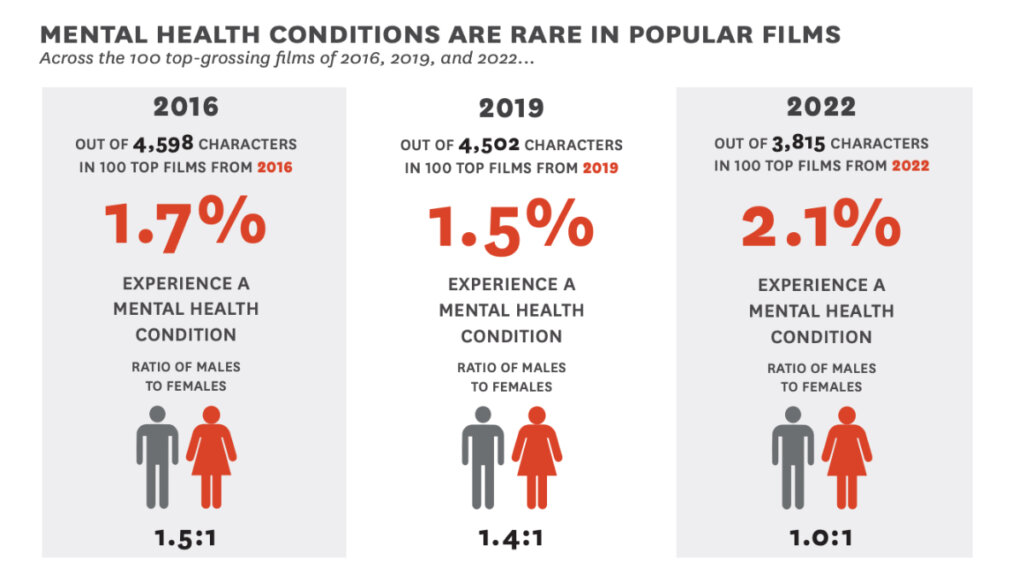 Just 2.1% of characters in the top 100 films in 2022 experience a mental health condition including addiction (28 characters), anxiety/PTSD (24), mood disorder (21), suicide (14), significant disturbance in thinking (8), and obsessive-compulsive disorder (2). Some characters presented with more than one mental health condition. This representation shows little growth since 2019 (1.5%) and 2016 (1.7%).
Just 2.1% of characters in the top 100 films in 2022 experience a mental health condition including addiction (28 characters), anxiety/PTSD (24), mood disorder (21), suicide (14), significant disturbance in thinking (8), and obsessive-compulsive disorder (2). Some characters presented with more than one mental health condition. This representation shows little growth since 2019 (1.5%) and 2016 (1.7%).
“Our work has demonstrated that change has occurred in entertainment across a variety of indicators,” Associate Professor of Communications Stacy L. Smith said. “Yet when it comes to mental health conditions– which are reported by a significant portion of the population– there has been no improvement over time. Entertainment can play a role in shaping perceptions of mental health conditions, but the absence of these portrayals communicates that mental health conditions are invisible as are those who live with them. This must change.” [continue reading…]


